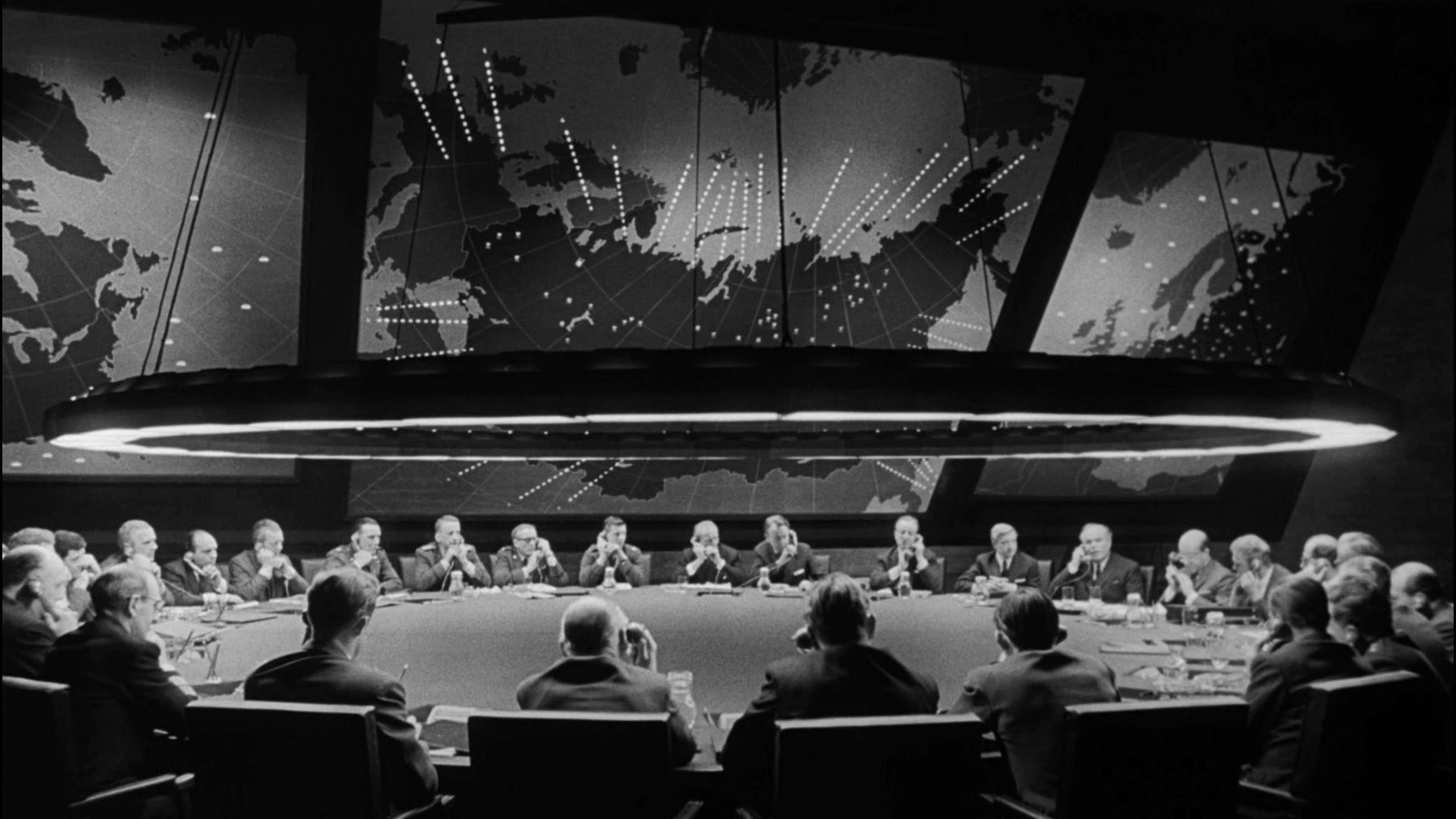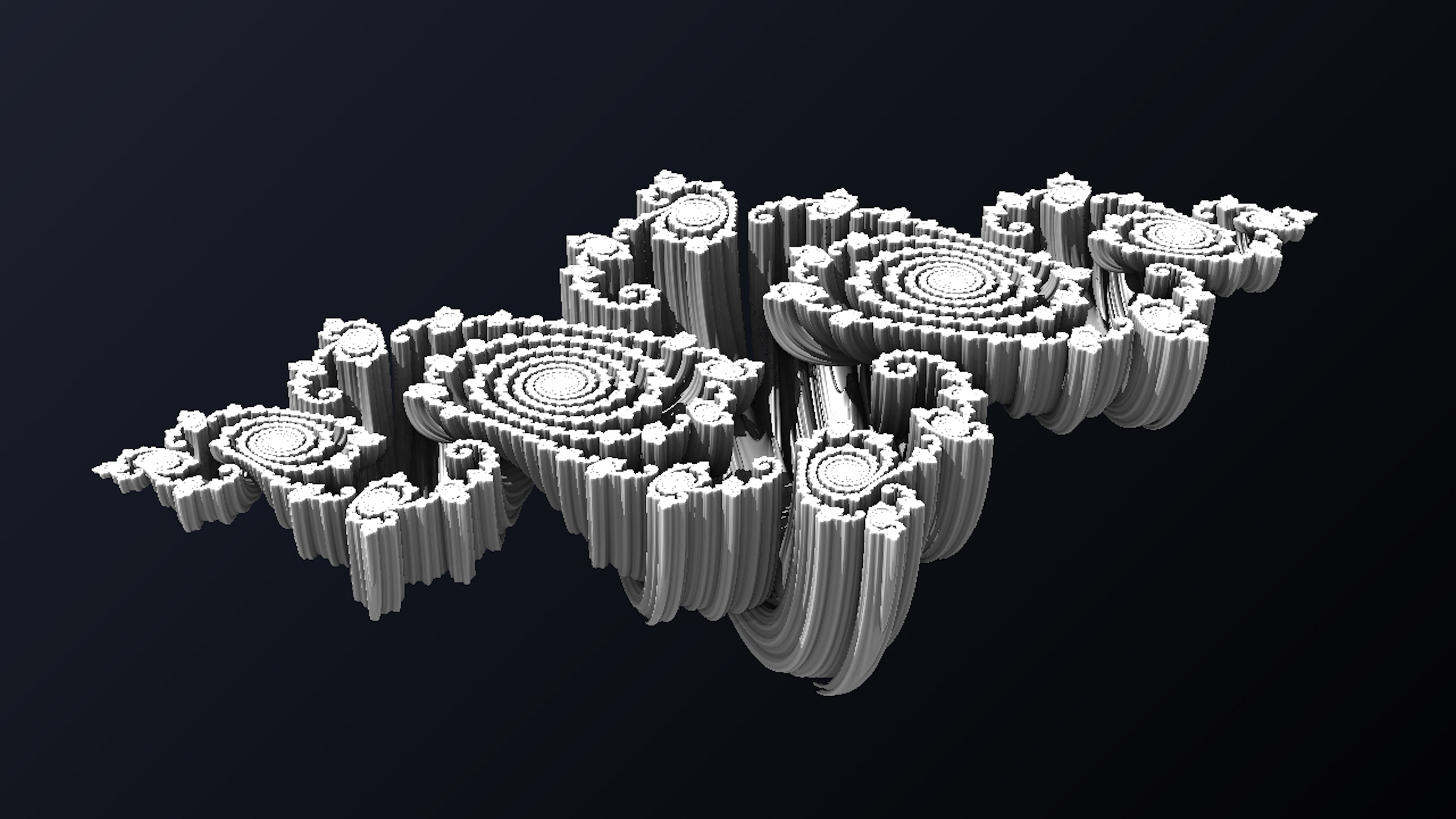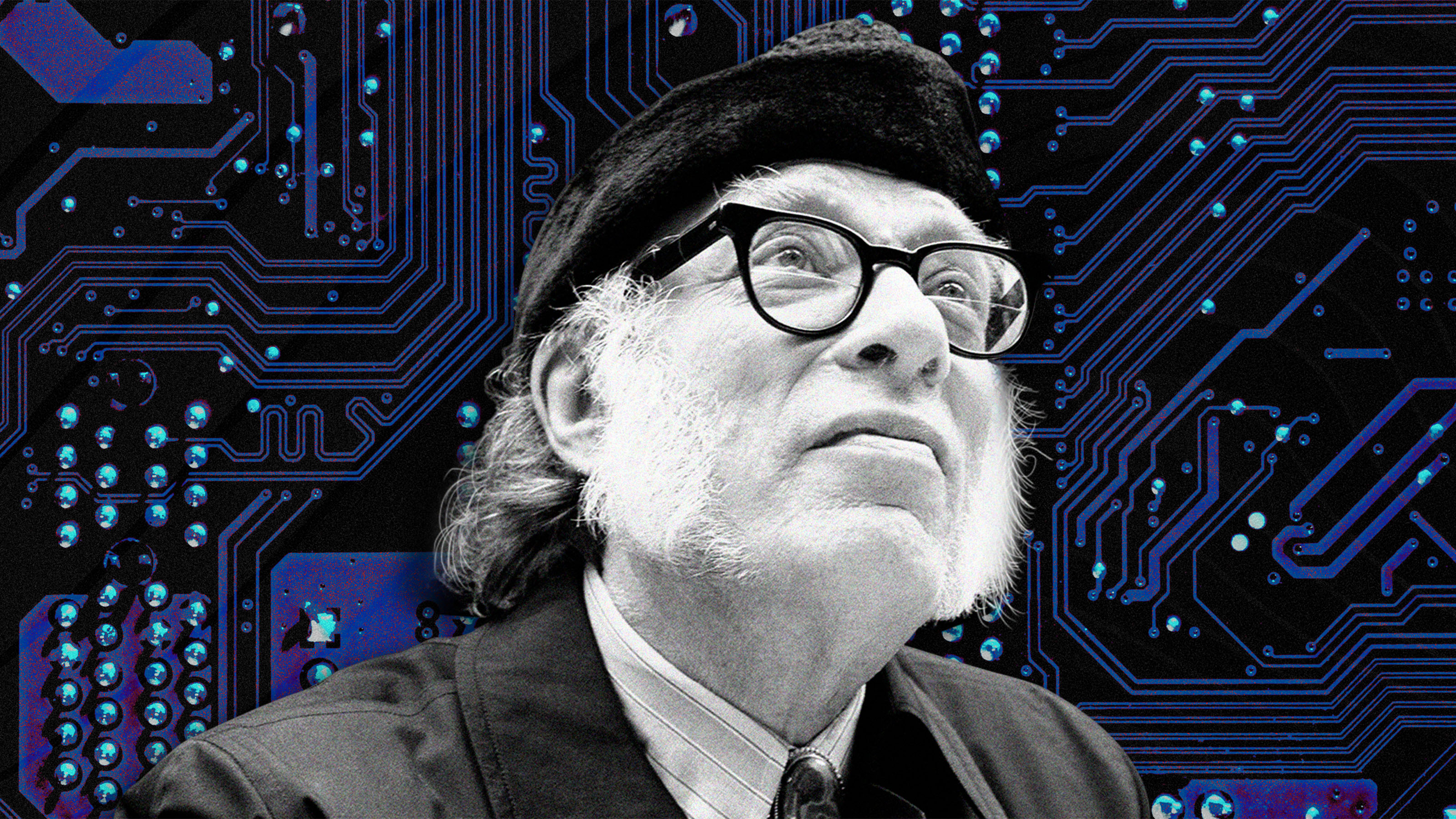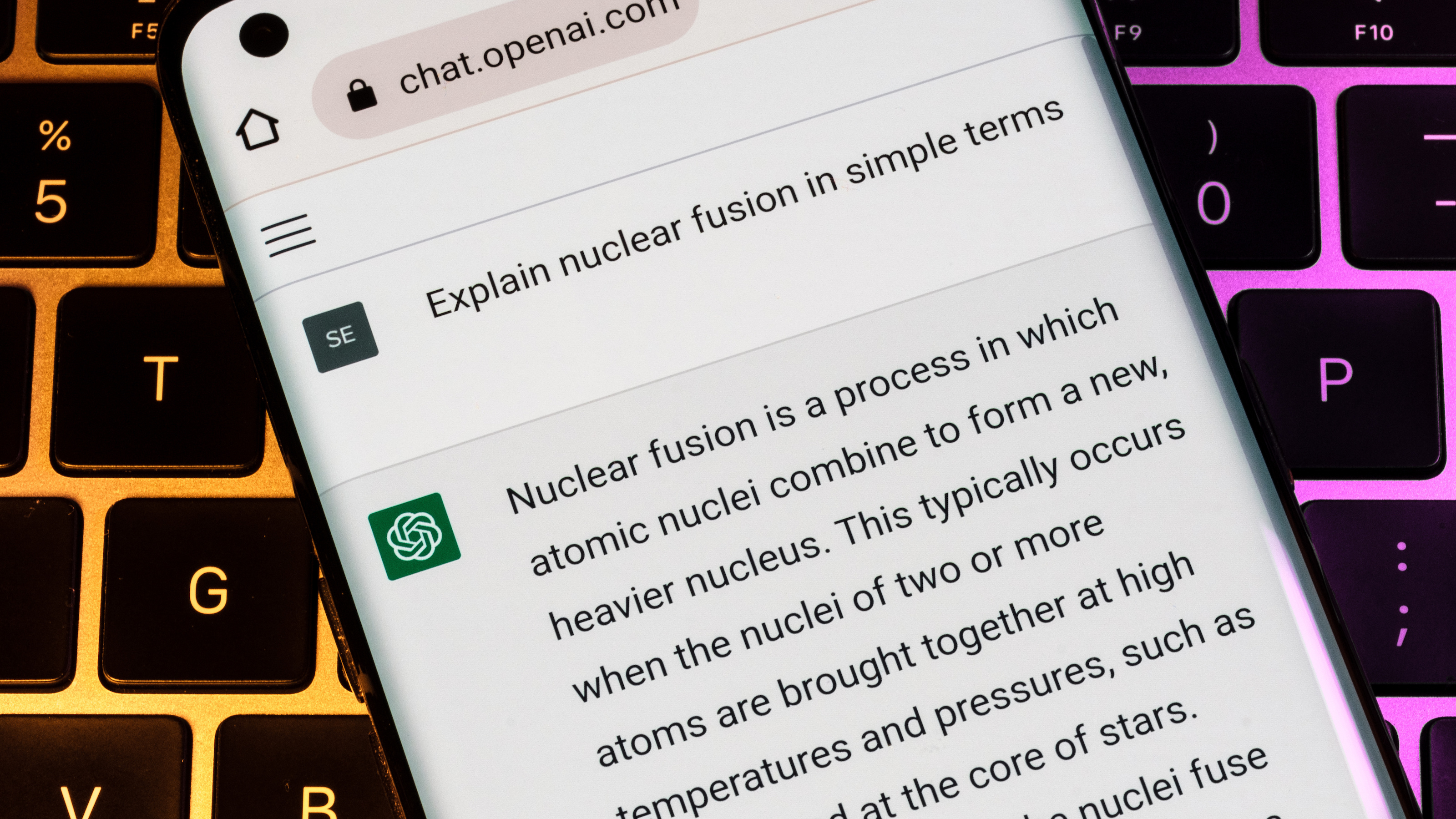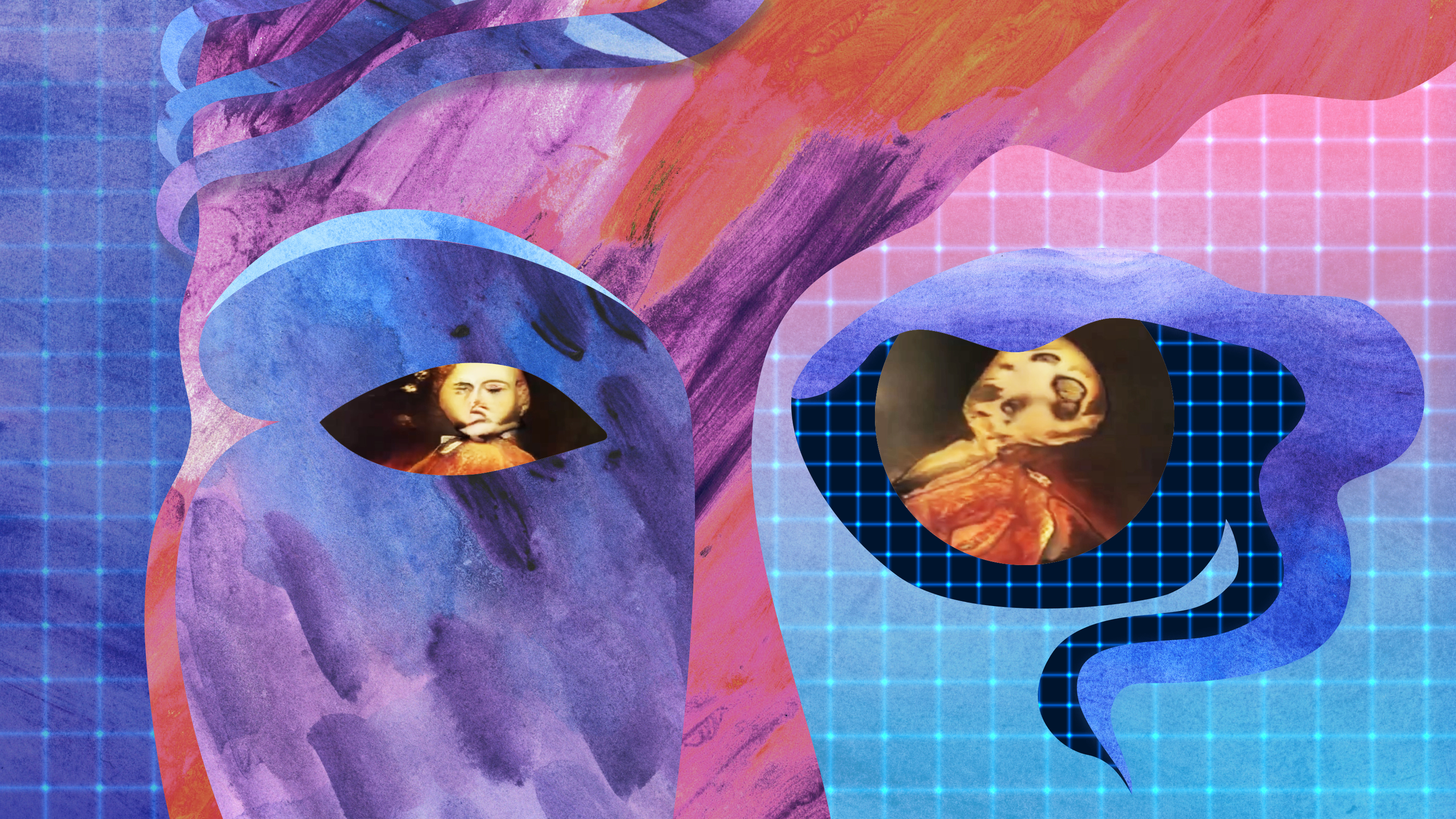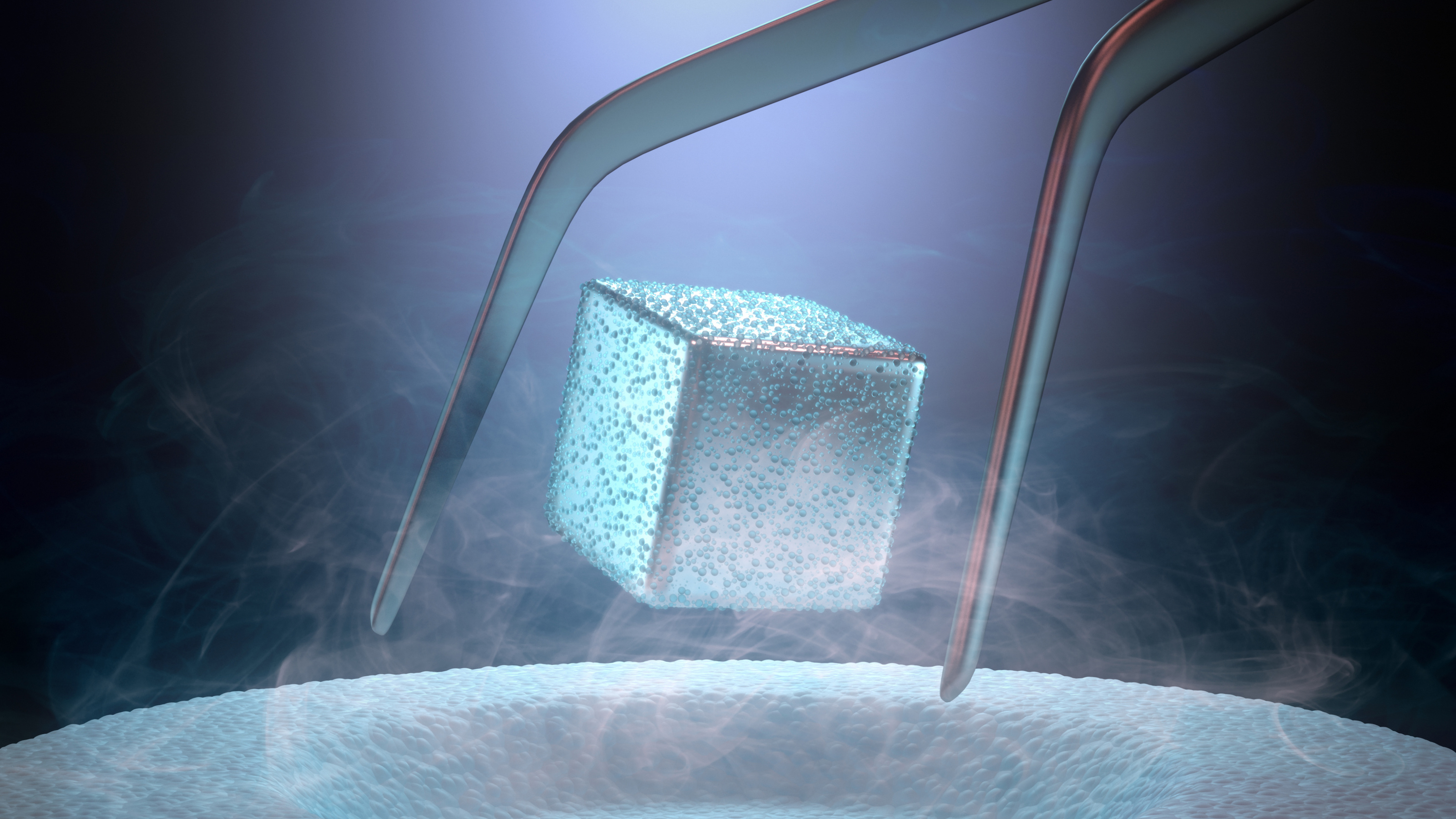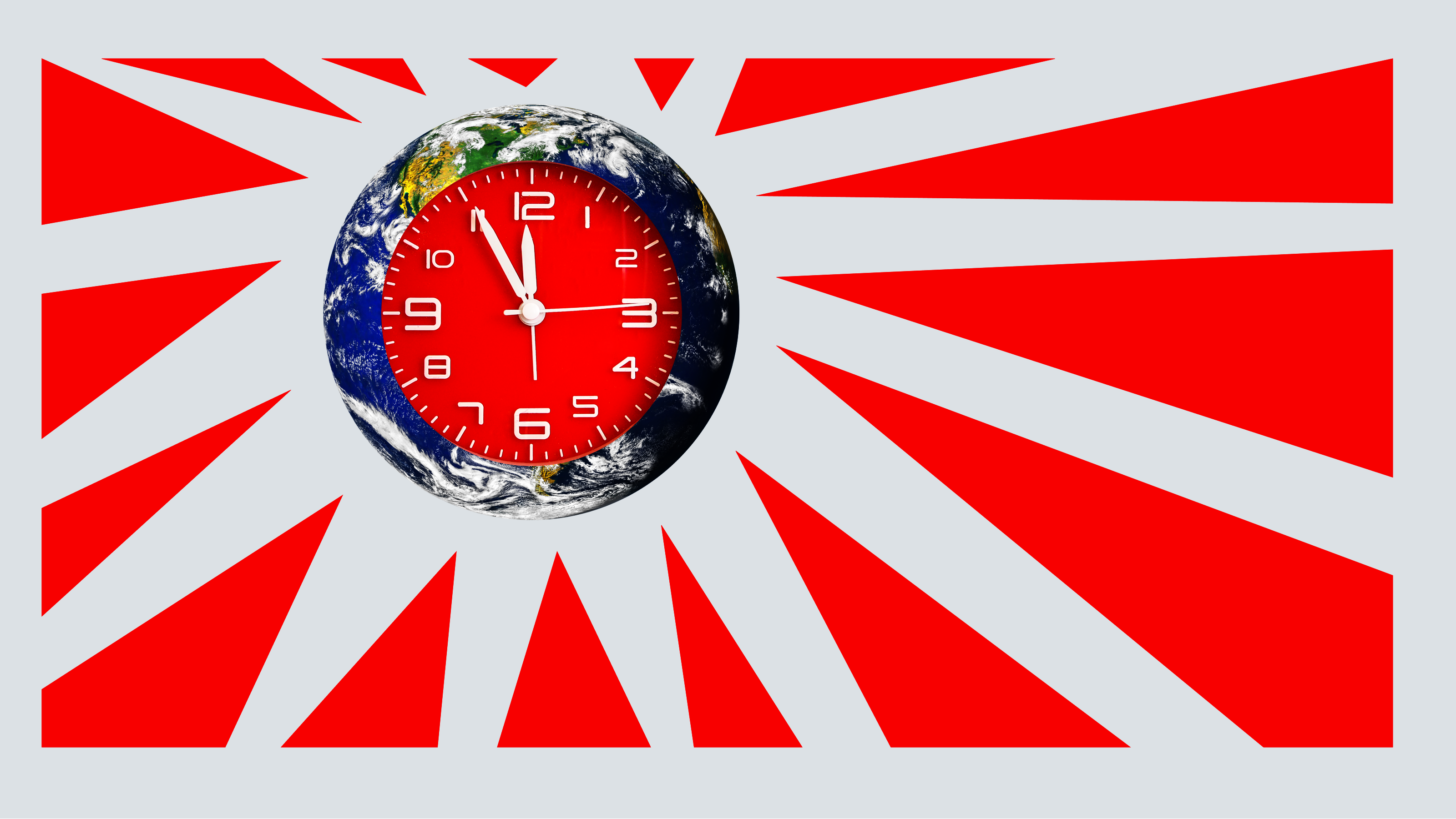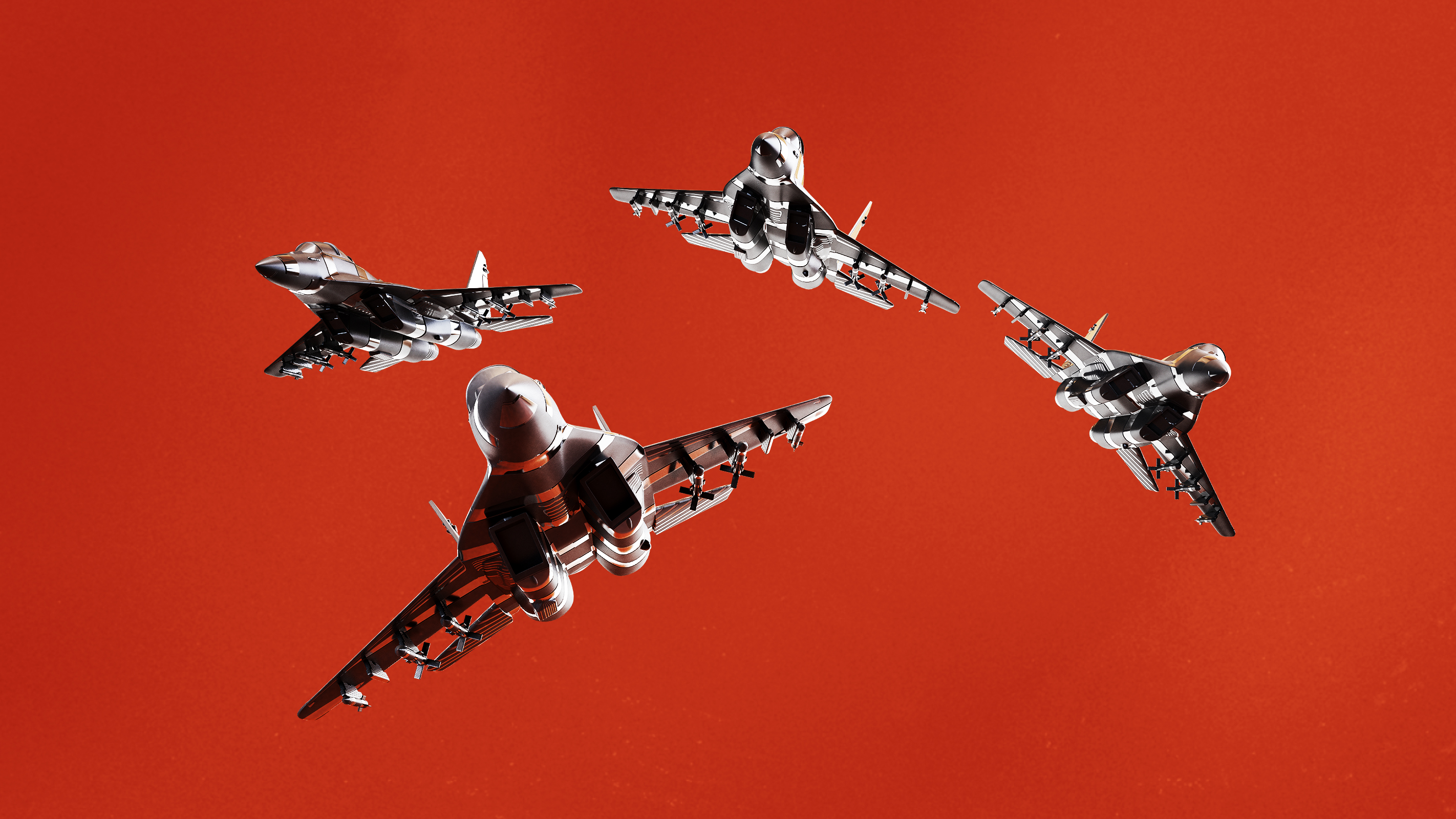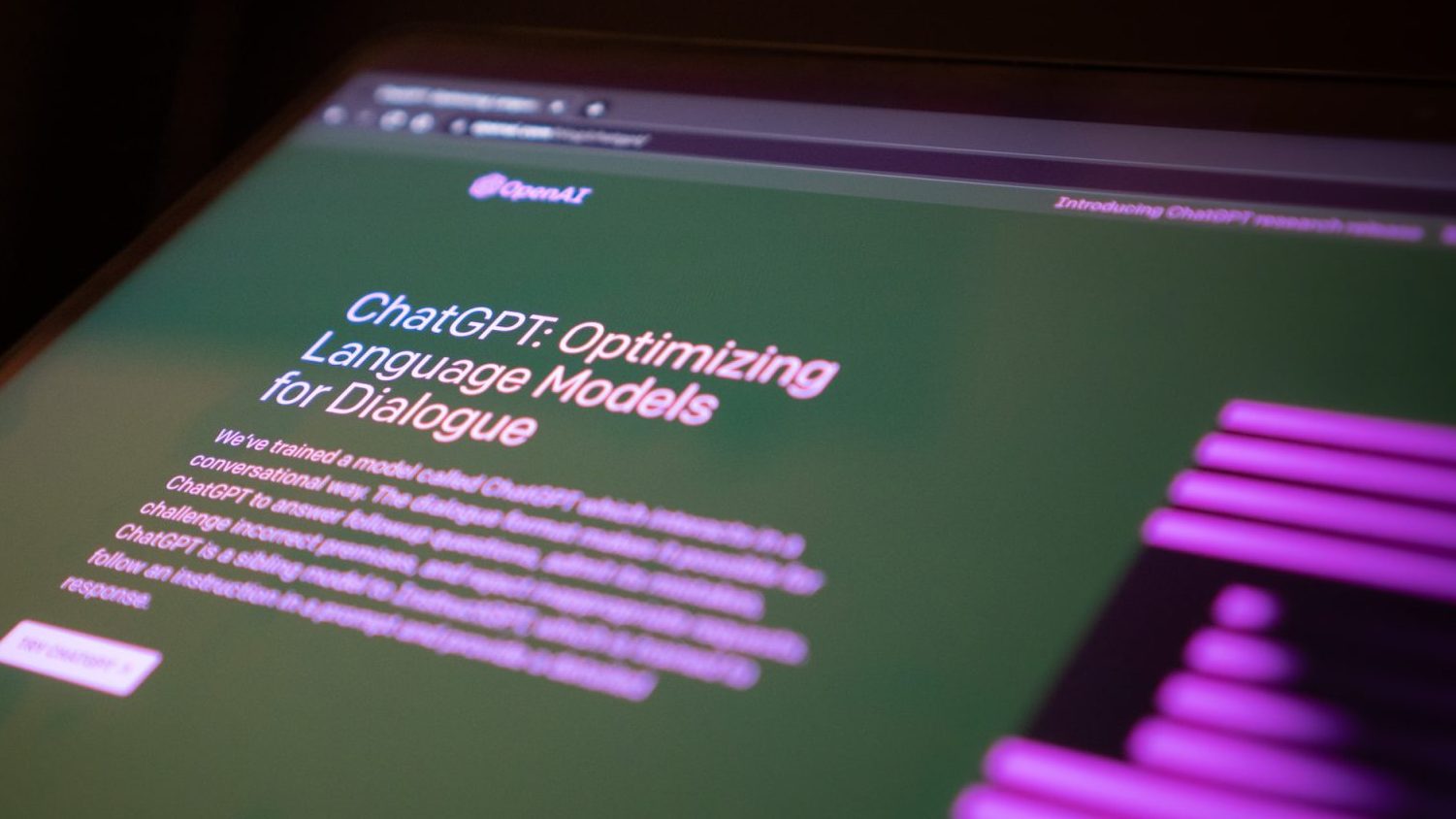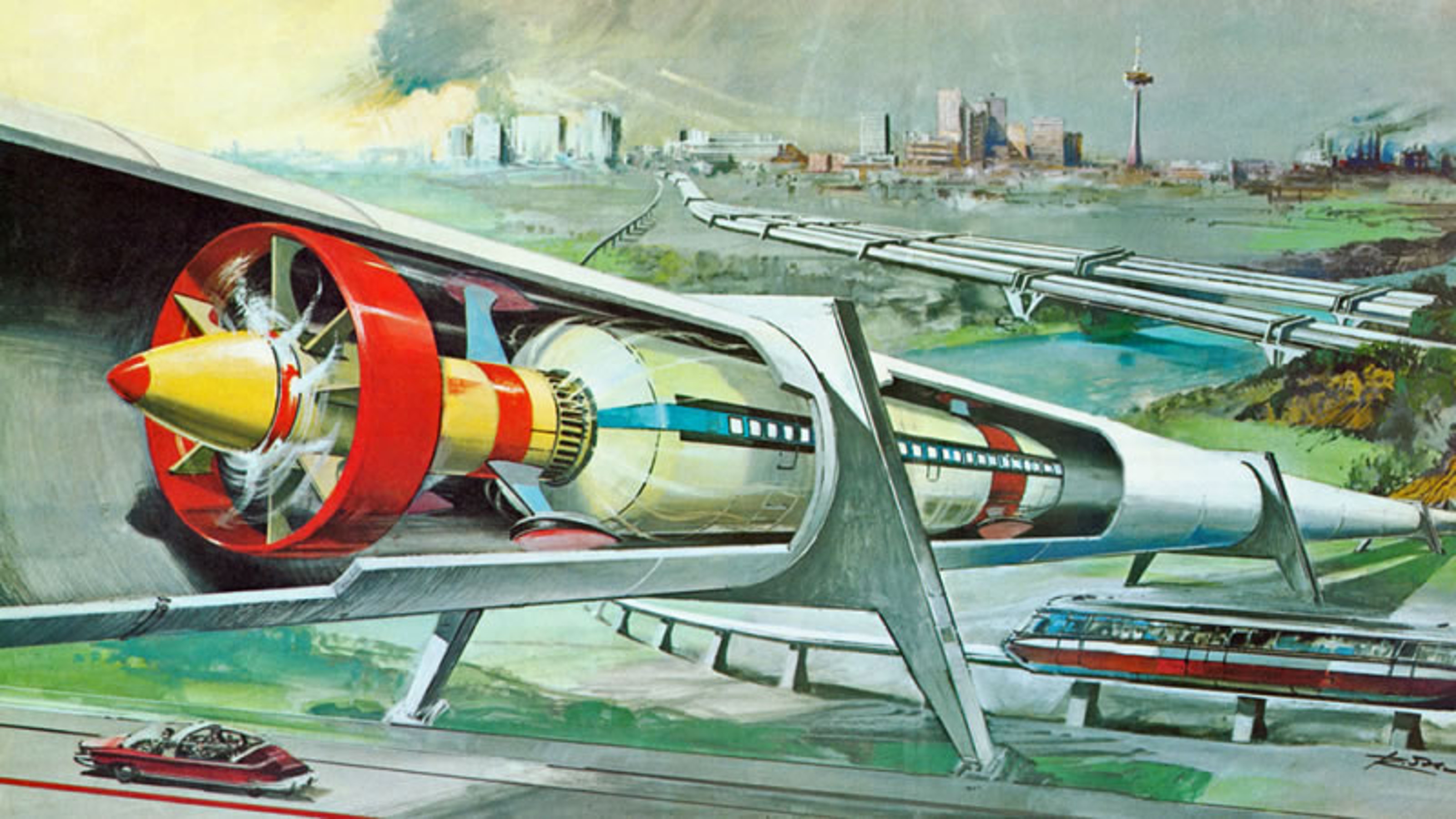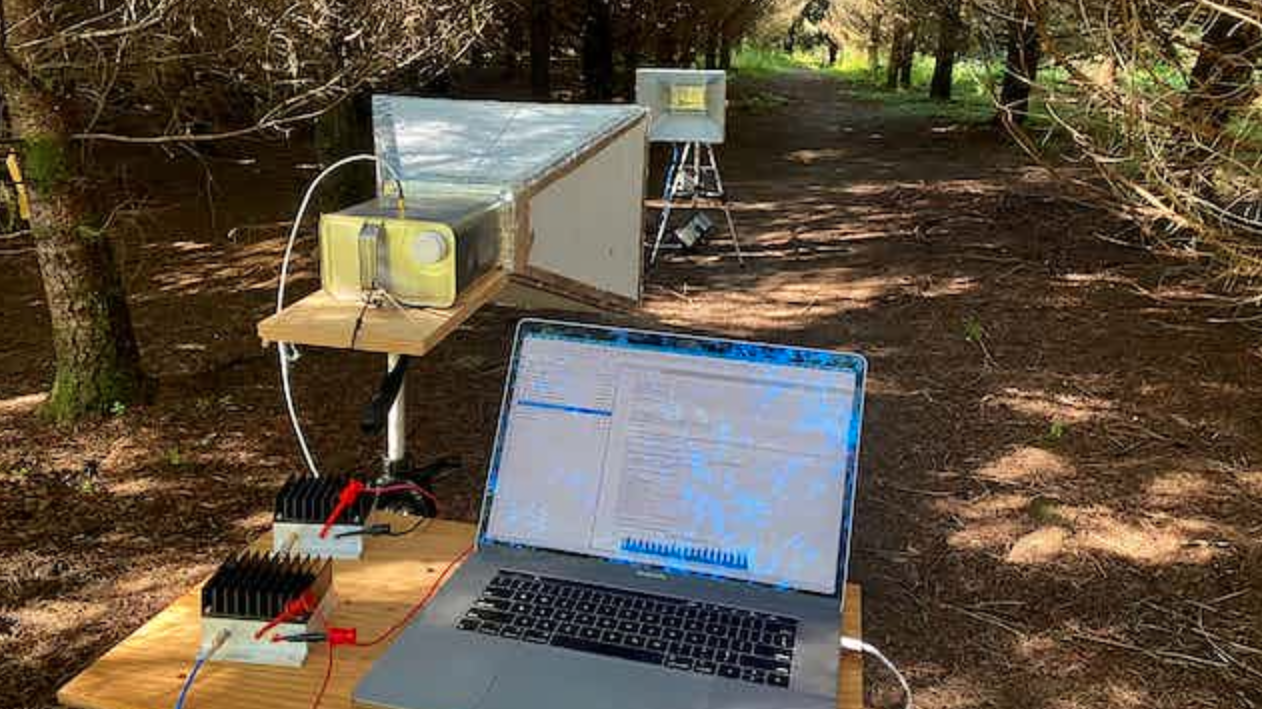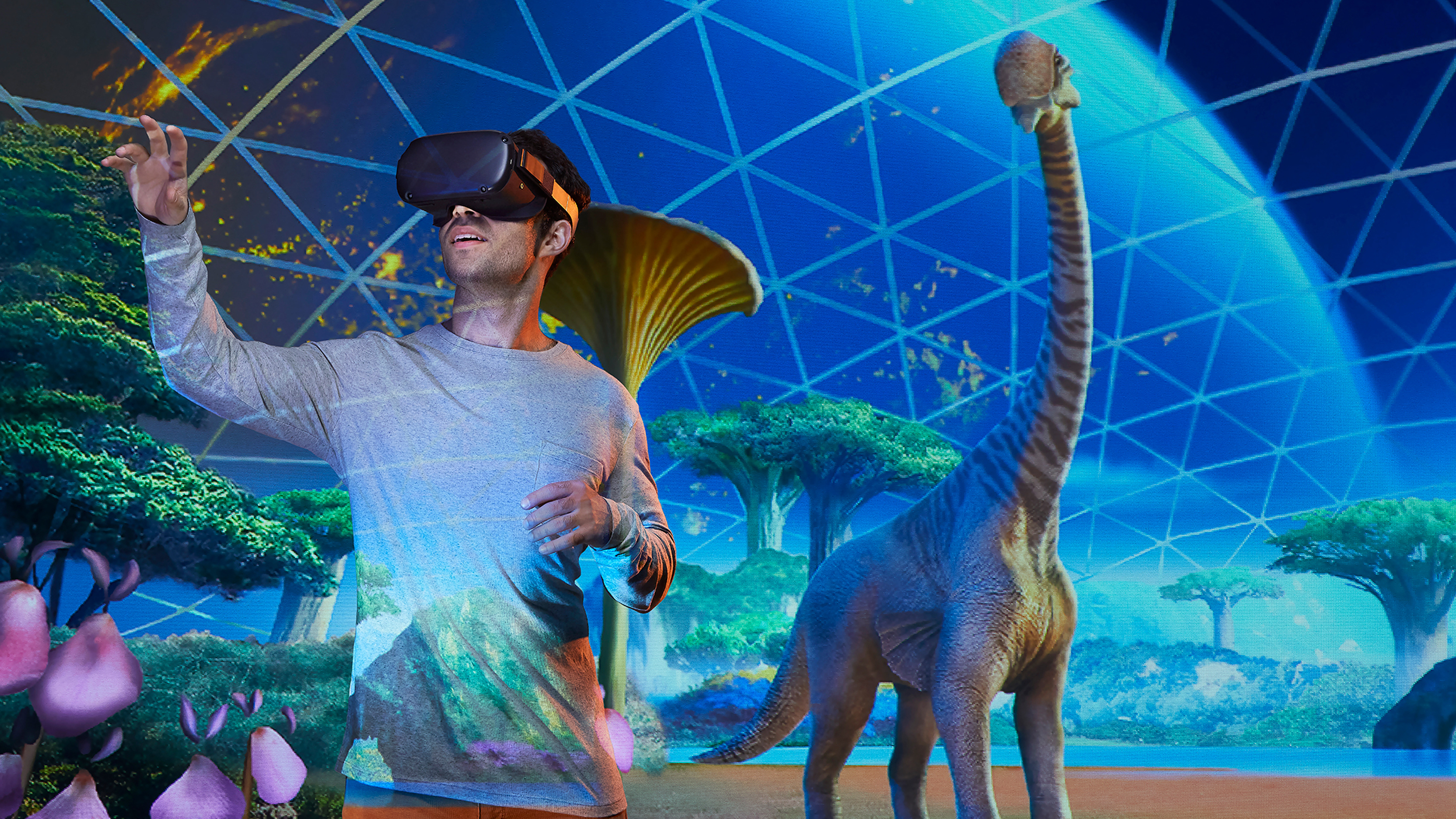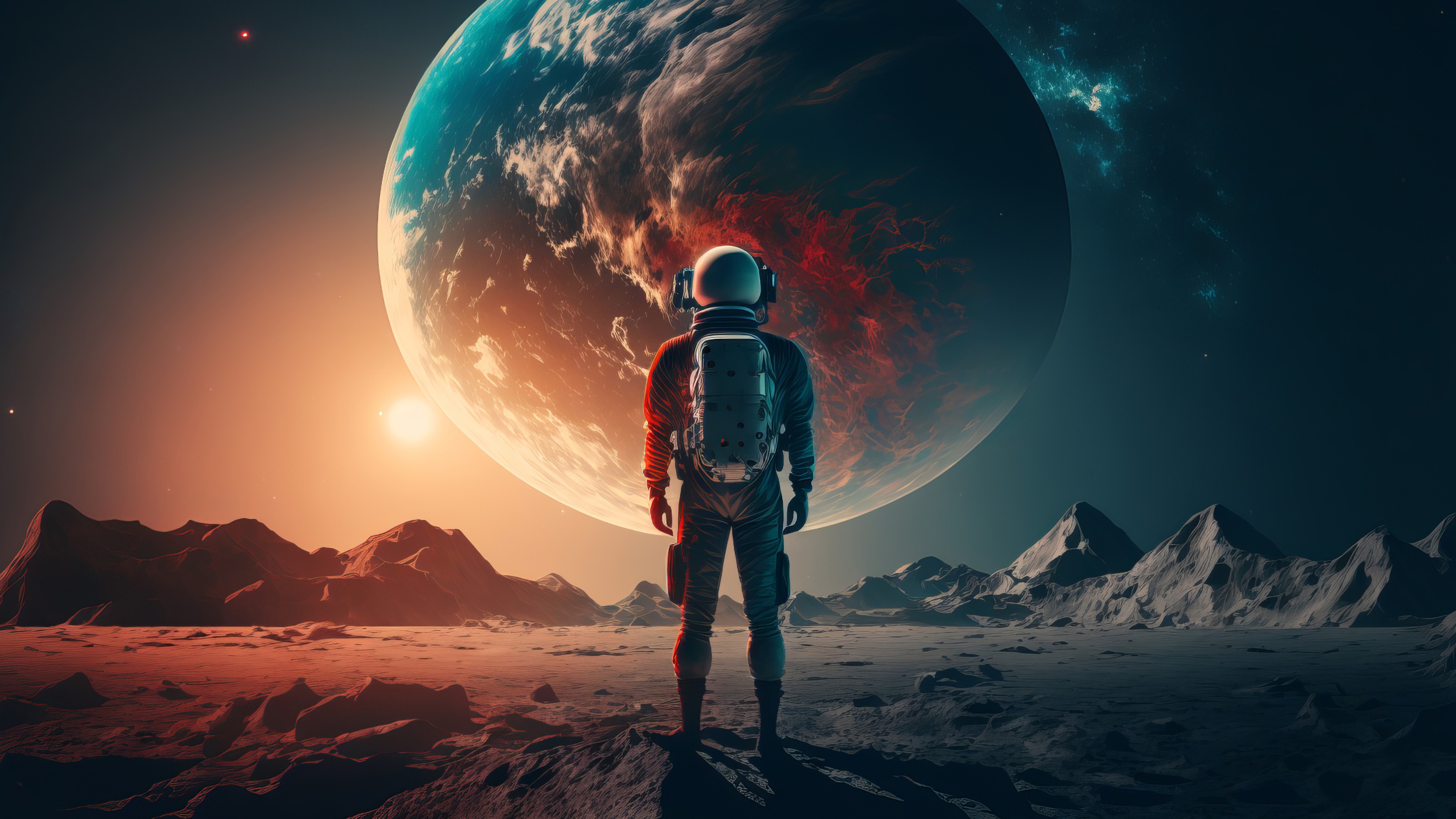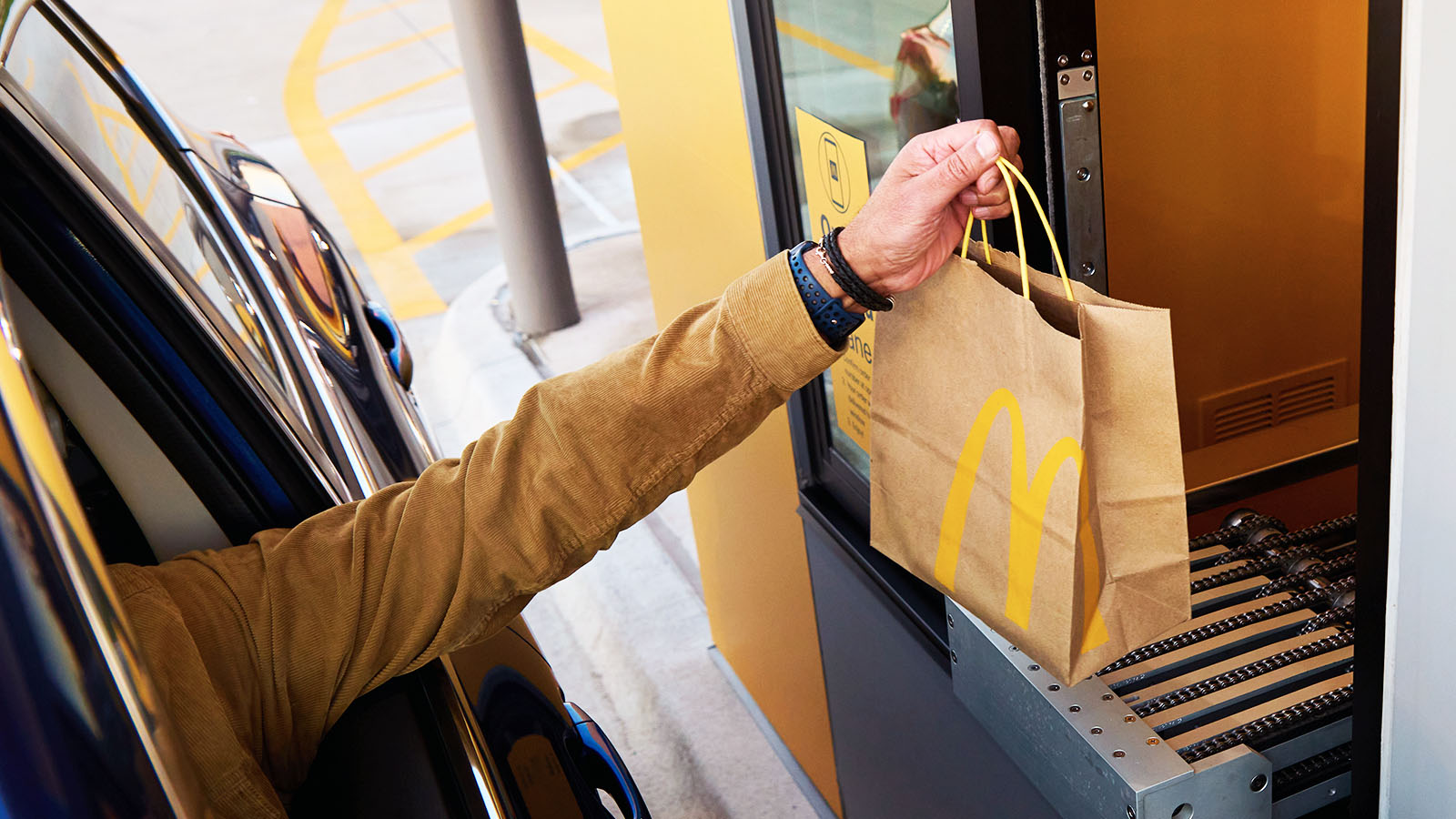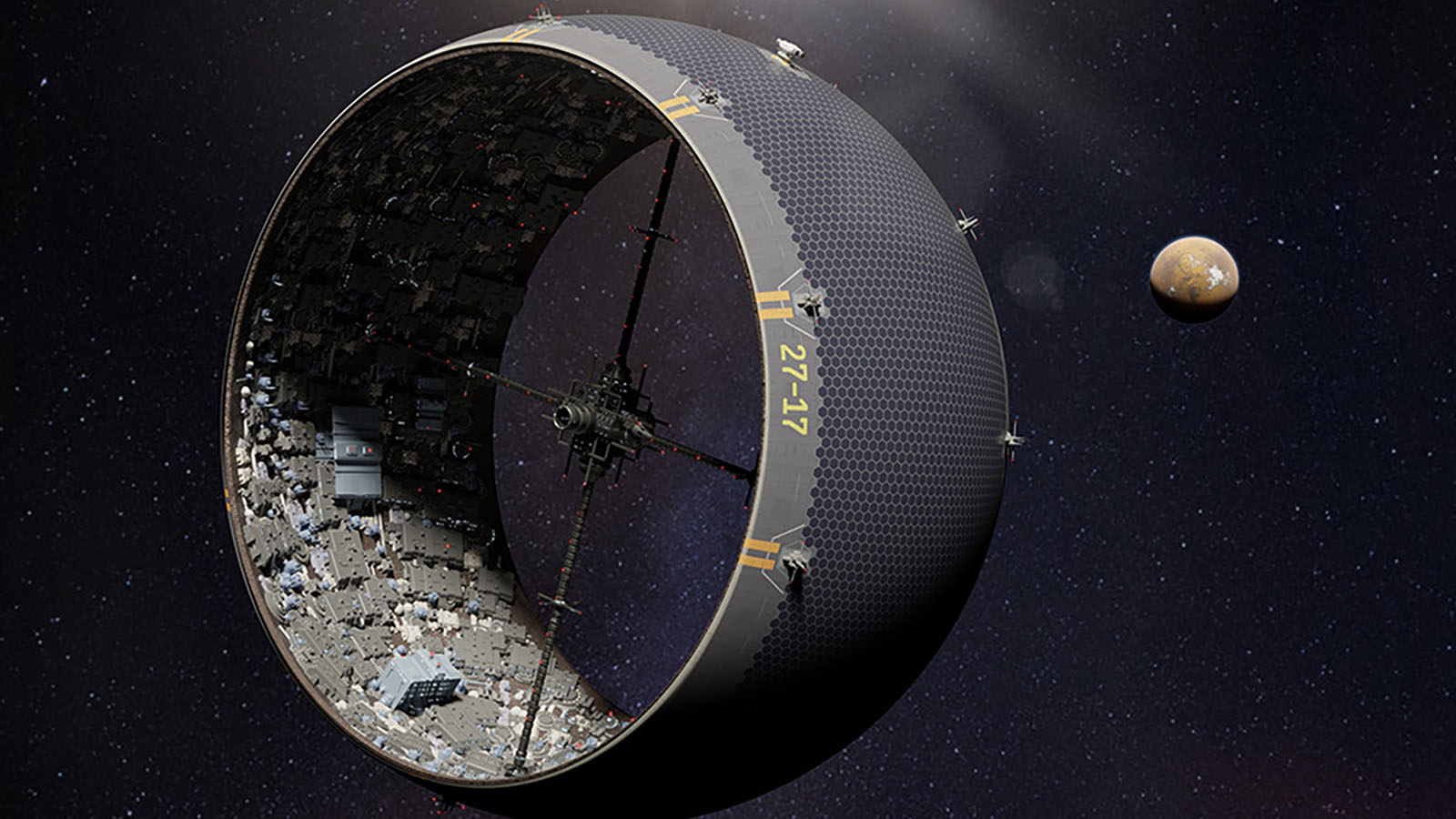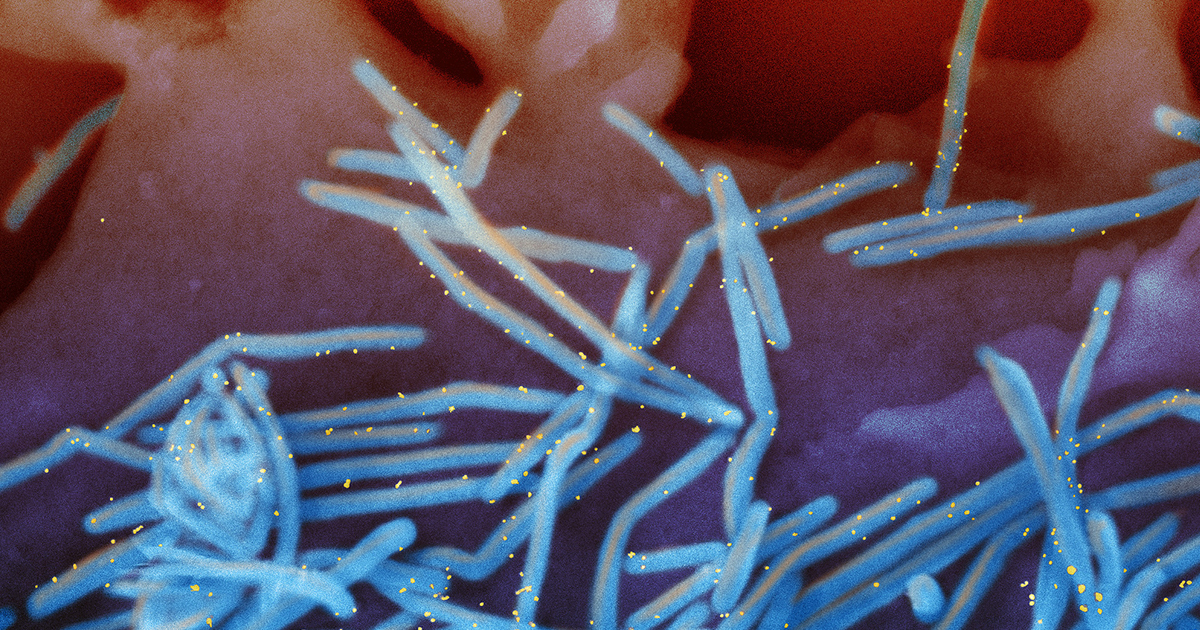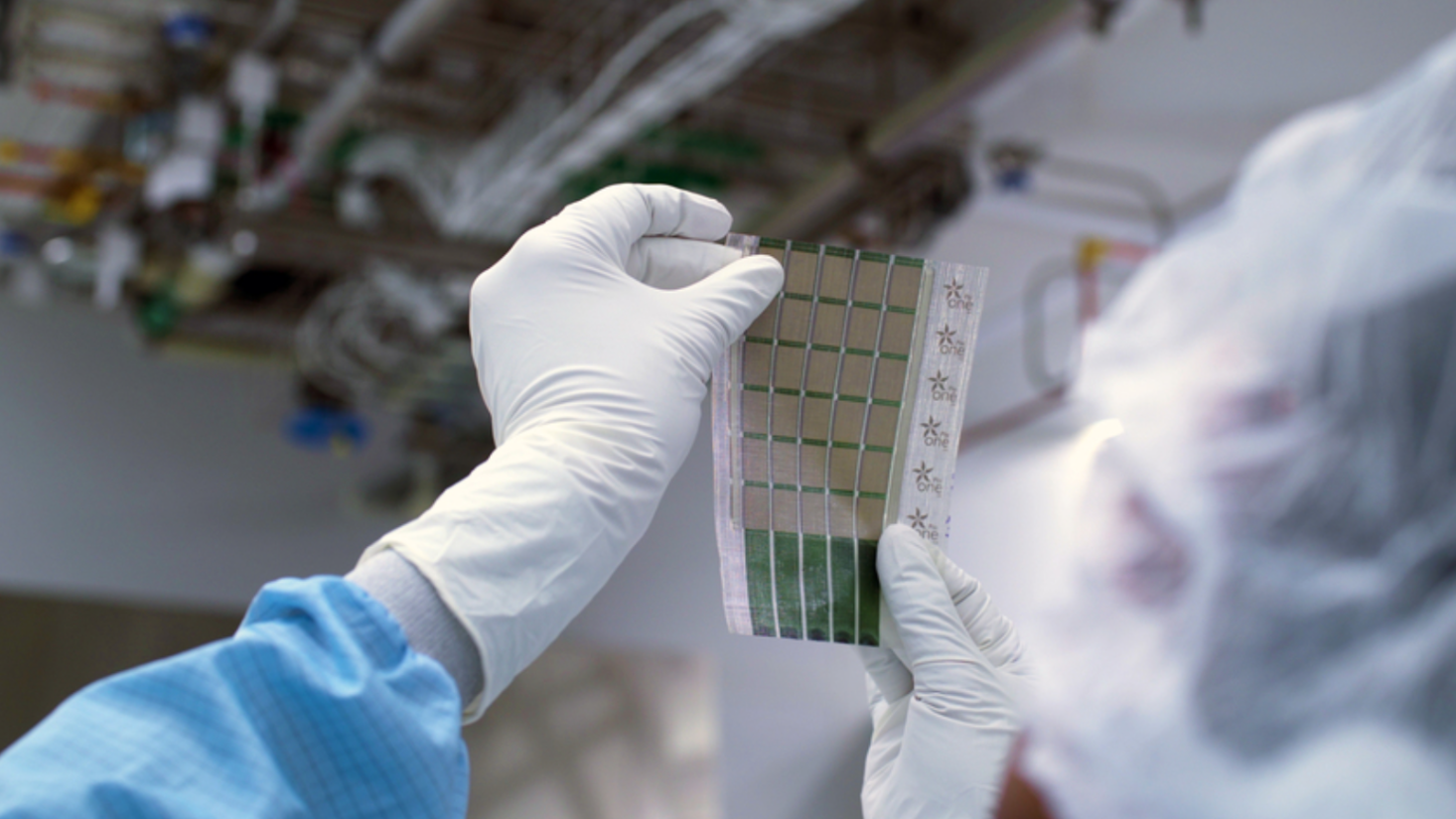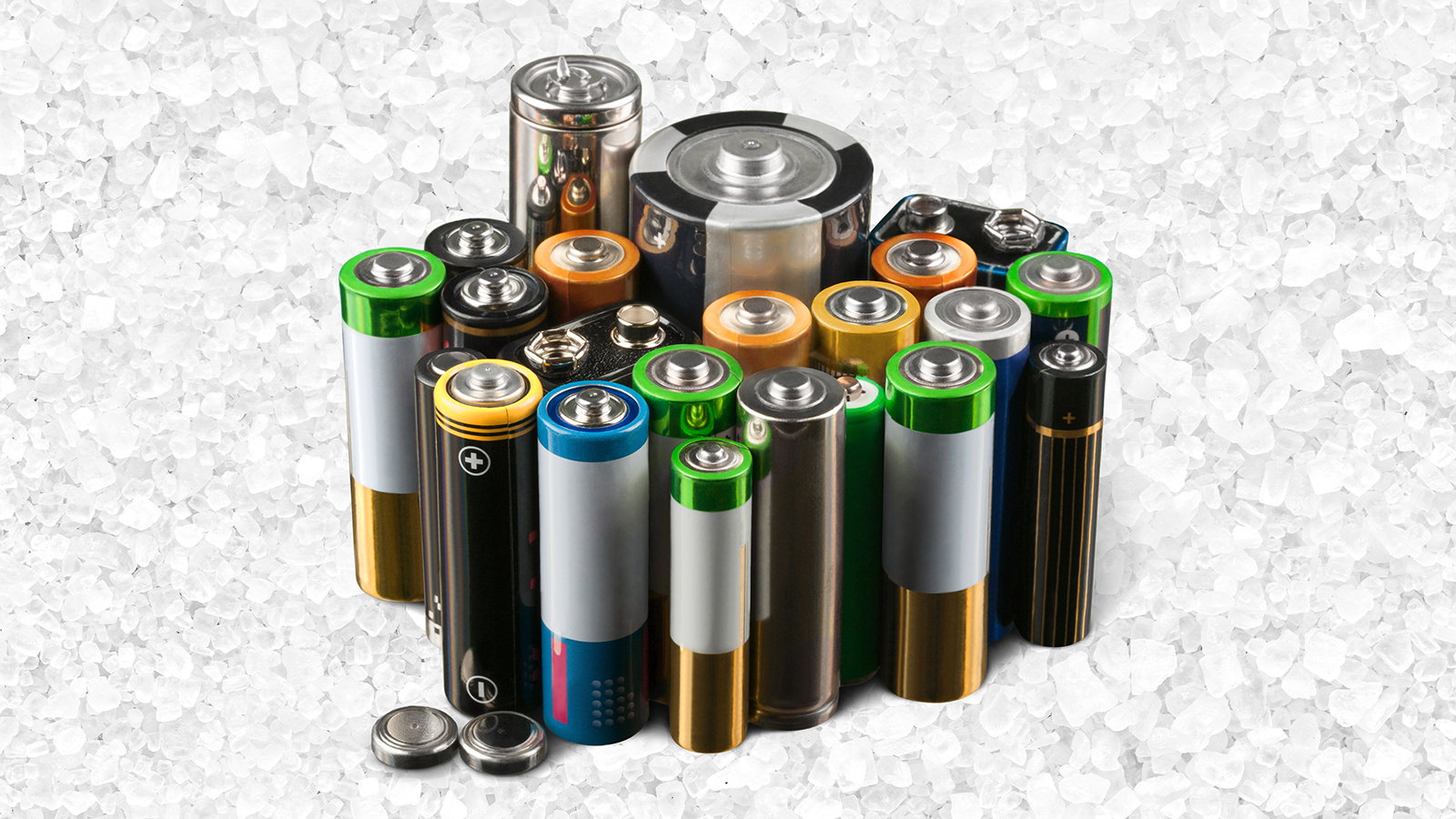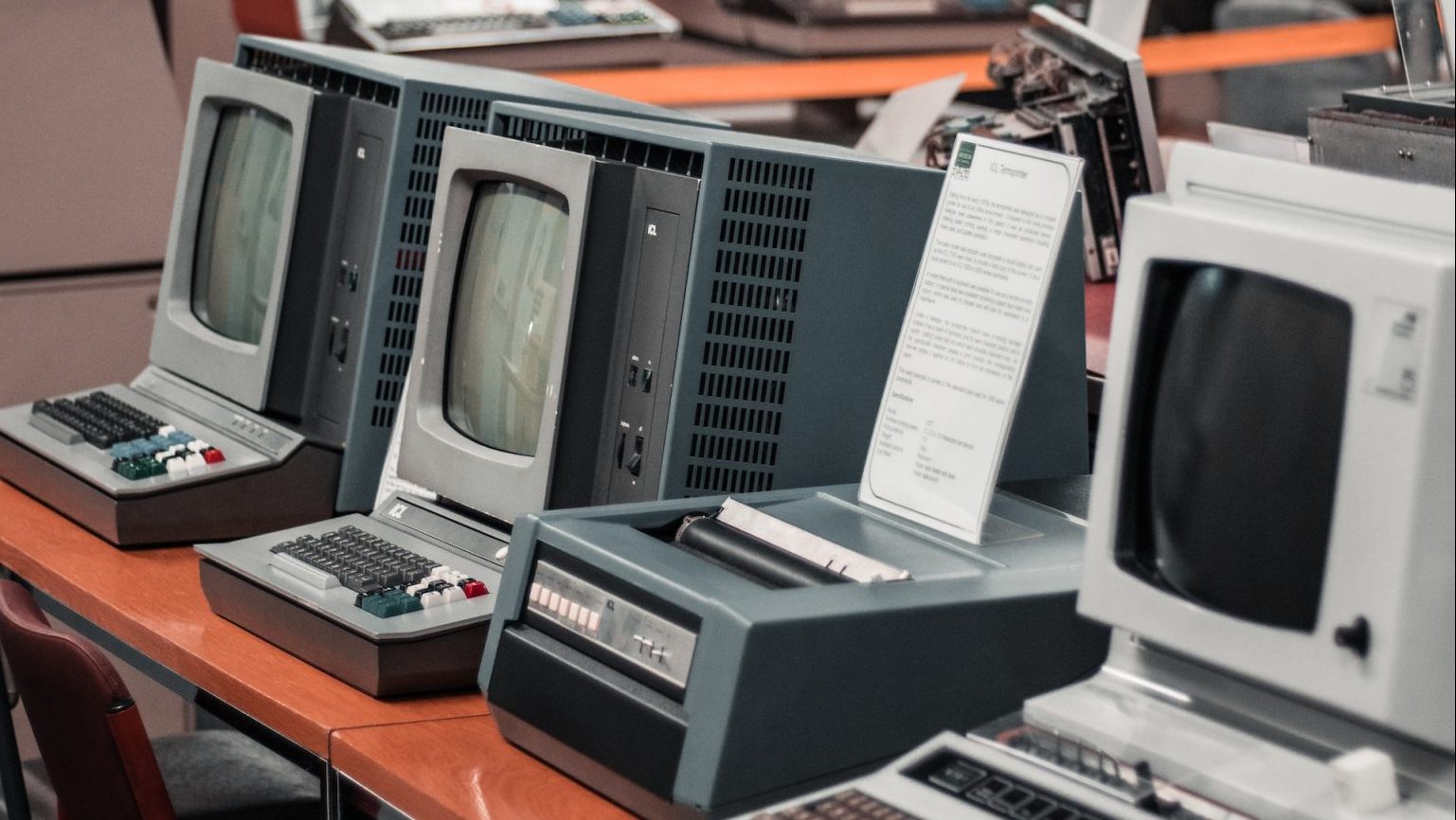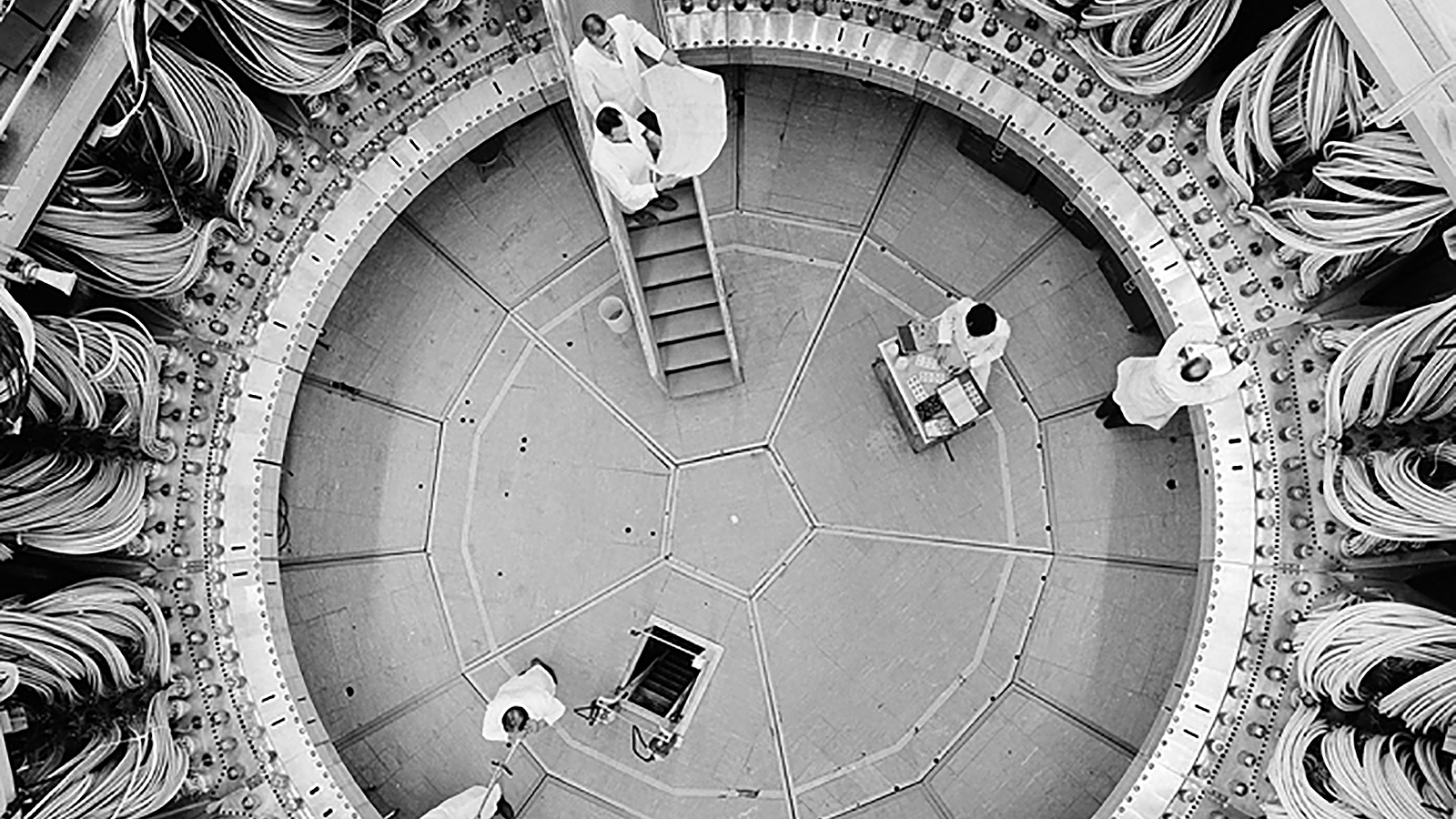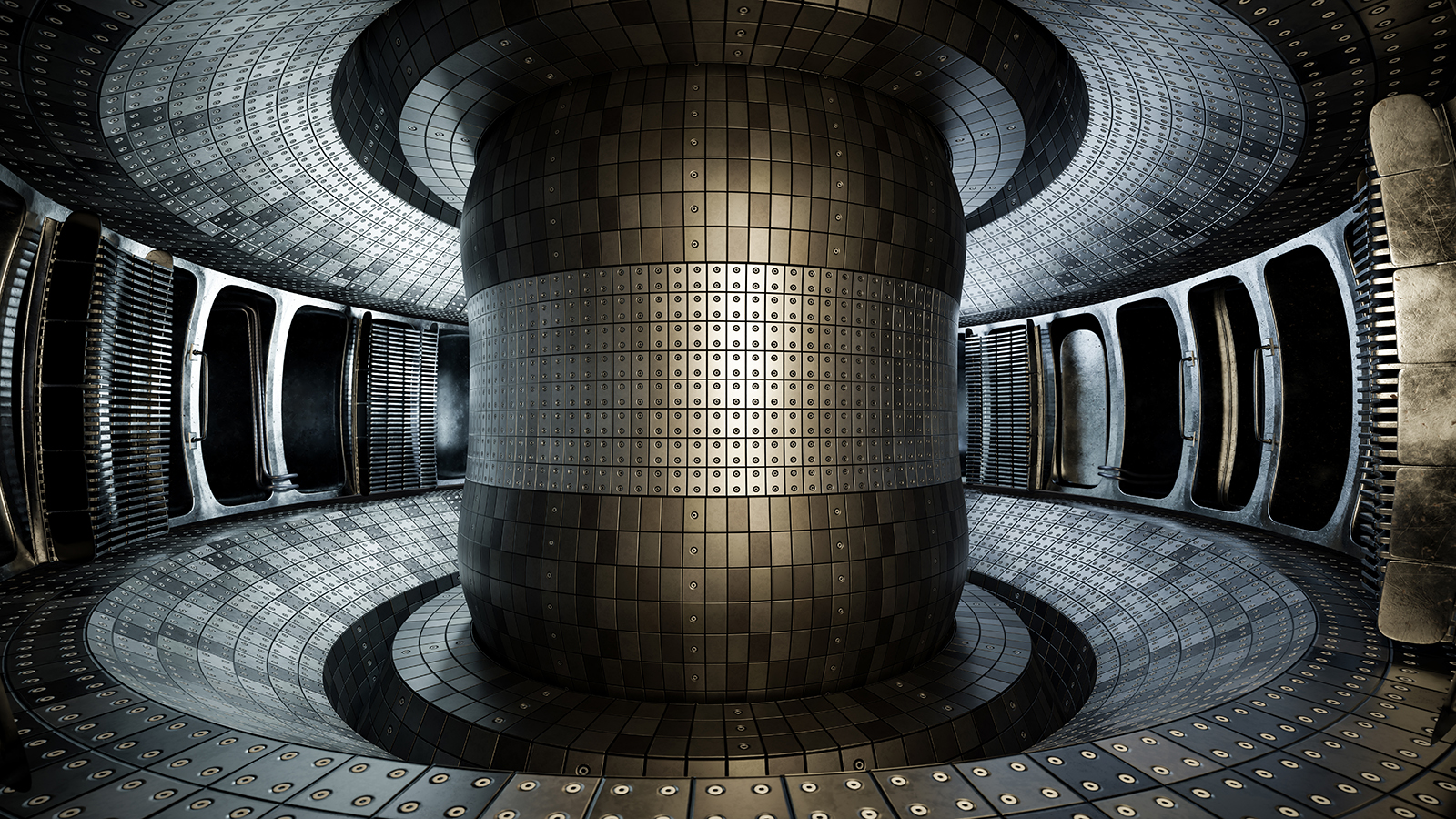The Future
All Stories
As AI evolves — and more robotic warfare systems are deployed — the nature of conflict could change beyond recognition.
Data scientists first gained prominence by making us click on ads — now the profession spans a multiverse.
Robots must identify themselves.
The biggest lingering question about GPT-4 isn’t if it’s going to destroy jobs or take over the world. Instead, it is this: Do we trust AI programmers to tell society what is true?
A new AI lie detector can dive into their hidden thoughts and reveal “what language models truly believe about the world.”
To what extent will our psychological vulnerabilities shape our interactions with emerging technologies?
Some would say AI is immortal and all-knowing — Godlike, even.
So far, two papers have been retracted, and a third is under investigation. Accusations of plagiarism appear convincing.
The nature of civilizational threats has changed in a mere decade.
In a state of “hyperwar,” accidents or unexpected AI decisions could lead to widespread devastation before humans could intervene.
Can ChatGPT help you power through writer’s block?
You can’t throw a DART at everything in space.
Skepticism is appropriate when gazing into the futurist’s crystal ball.
Catastrophes are difficult to predict because they are so rare. But AI using active learning can make predictions from very small data sets.
Apart from the energy needed to flip the switch, no other energy is needed to transmit the information.
Imagine going on a tour through the human circulatory system as a tiny cell. That is just one example of education in the metaverse.
We are traveling in a realm that once exclusively belonged to the gods. Space travel will force humanity to rethink everything.
One of Jetoptera’s VTOLs is expected to reach speeds of around 614 mph, about as fast as a commercial jet airliner.
The automated McDonald’s has a staff comparable to other stores. But the crew members are all focused on making and packaging orders instead of delivering them.
The authors call it “wildly theoretical” — but let’s take a look, anyway.
It was a particularly good year for biotech and medical technology. There were also notable advances in energy.
Some solar cells are so lightweight they can sit on a soap bubble.
It will be able to produce 22 million pounds of cultivated meat annually.
We might be dining on insect-based Christmas pies with robot-harvested algae on the side.
Lithium-ion batteries pose challenges for our transition toward renewable energy. Sodium-sulfur batteries might be a solution.
Despite their brief history, computers and AI have fundamentally changed what we see, what we know, and what we do.
Once water gets more than about 200 feet deep, building on the sea floor is out of the question.
Don’t put all your eggs in one basket.
If you gave me $400 and I gave you $3.15, would you consider yourself wealthier? That’s a financial analogy for the supposed fusion power “breakthrough.”

